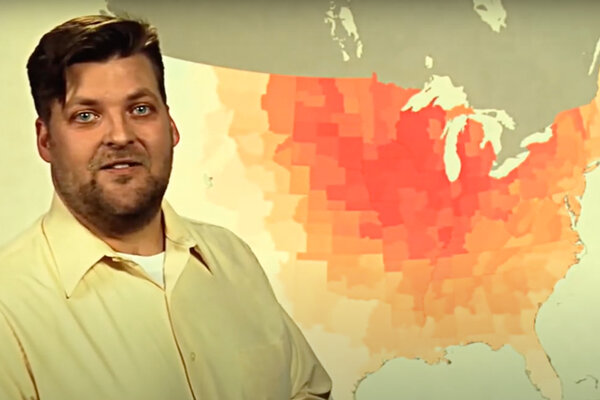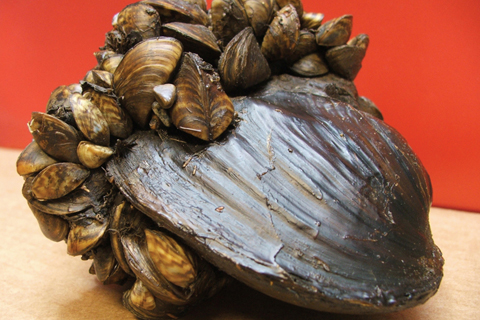
In the Great Lakes region, conservation and resource managers are already fending off attacks by multiple invasive species. In the future, climate change will present new challenges, such as anticipating the invaders’ next move and dealing with new, emerging threats — some of which could be swimming around in your aquarium right now.
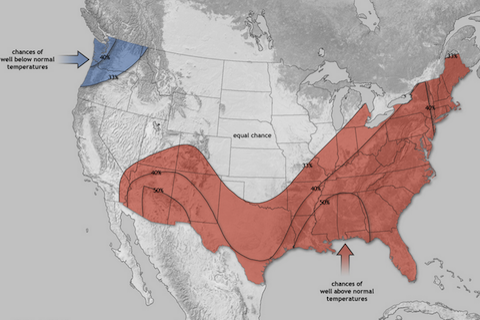
According to NOAA’s 2012 Spring Outlook, odds are that dry conditions and above-average temperatures will persist in much of the South, where drought is still lingering after making headlines in 2011. But last year’s most devastating flood events are unlikely to repeat.
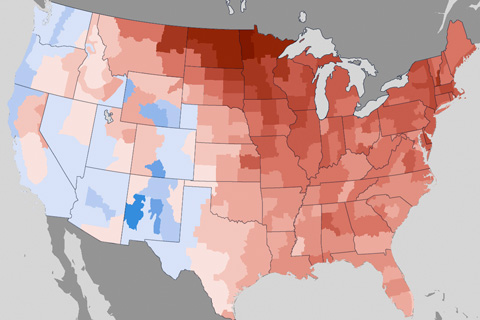
When NOAA’s National Climatic Data Center crunched the numbers for December, January and February—”meteorological” winter for 2011-2012—it stacked up as the fourth warmest of the past 117 winters. Virtually all of the West received less than its average precipitation.
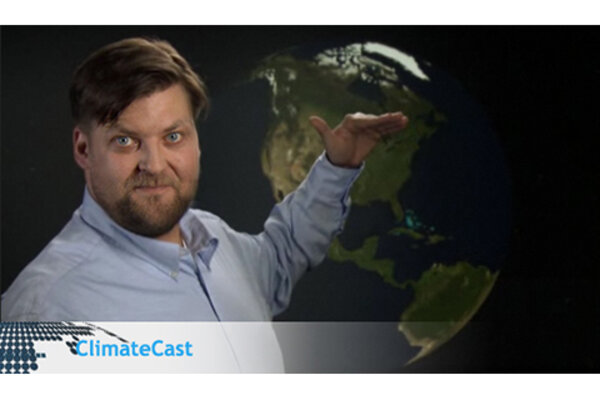
Winter 2011-2012 Recap
March 7, 2012
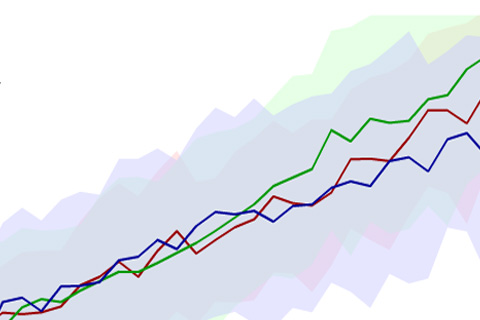
It is virtually certain our world will continue to warm over this century and beyond. The exact amount of warming that will occur in the coming century depends largely on the energy choices that we make now and in the next few decades.
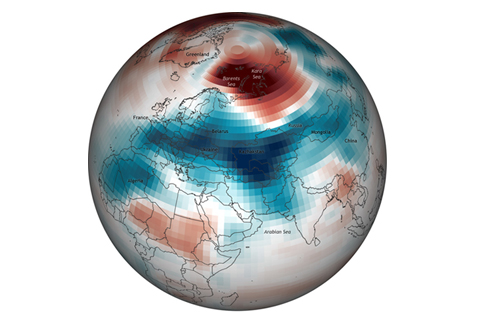
For Europe, the first two calendar months of winter were mild. As if to make up for lost time, however, exceptionally cold weather arrived in late January and remained firmly entrenched for weeks.

Climate Science 101: What is the Difference Between Weather and Climate?
February 15, 2012

Climate Science 101: Historical Perspectives on Climate Change
February 15, 2012
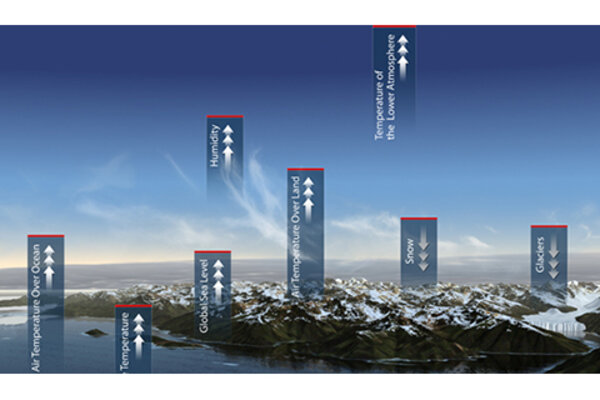
Climate Science 101: The State of the Climate in 2009
February 15, 2012
